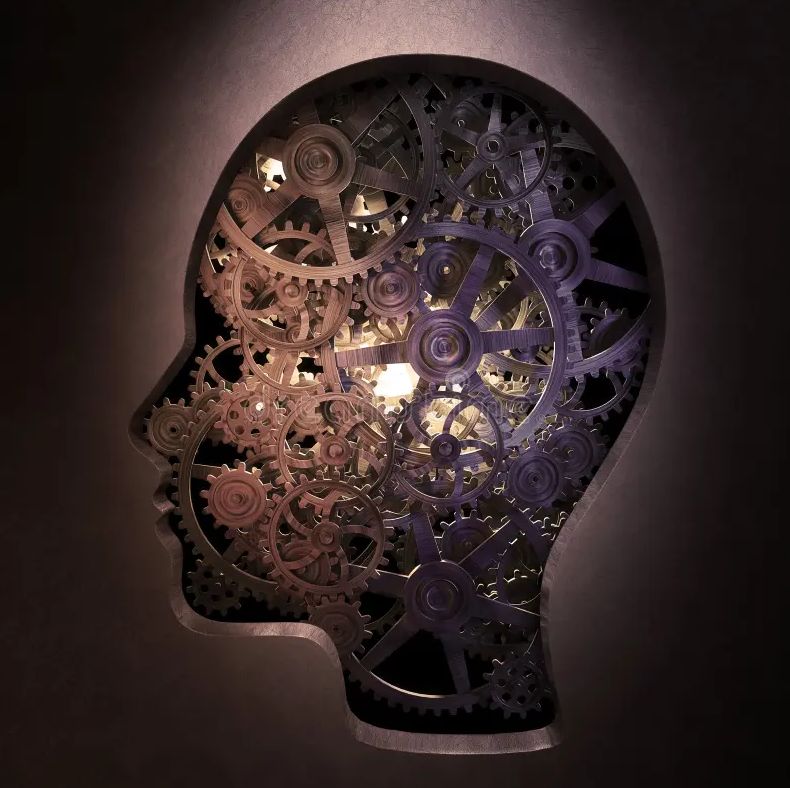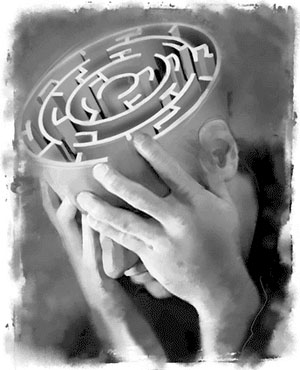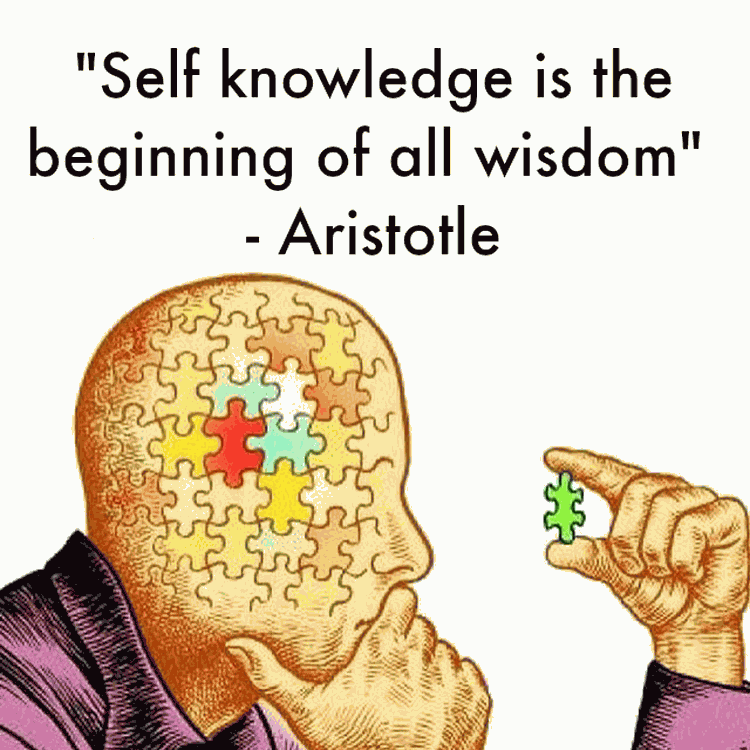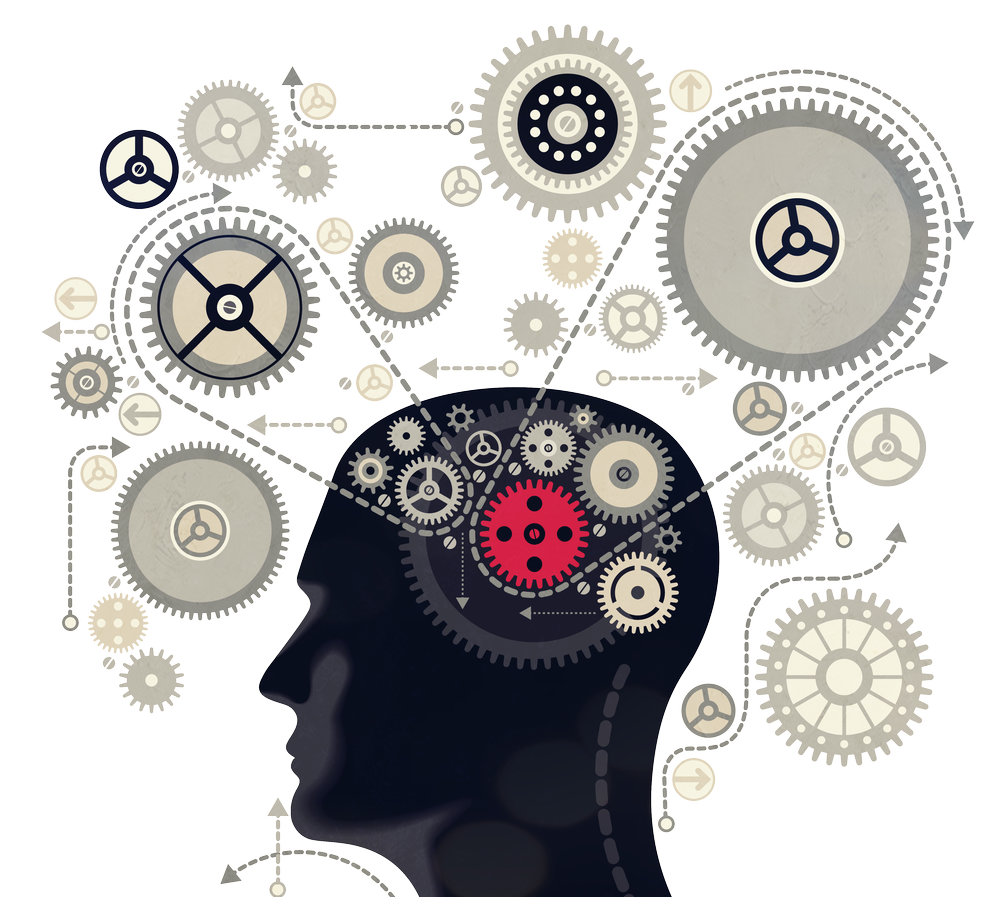Understanding Your Drives and Motivations
Coming to understand your drives and motivations is an important step towards knowing yourself and taking an active role in your personal evolution and self empowerment. “KNOW THYSELF” is a central tenet of both Eastern and Western philosophy and mysticism for good reason. As per Aristotle, self knowledge is the foundation of all wisdom. How can you expect to understand how you relate to the world around you if you don't understanding what drives you? When we don’t understand what is motivating our choices and actions, we live our life on auto-pilot, we are uncertain, stressed and reactive, and we struggle to find a coherent sense of meaning or purpose. When you understand your drives and motivations it helps you to make sense of how your life is unfolding, reducing uncertainty and stress. Armed with this self knowledge, we are able to express our unique identity with confidence, have clarity of vision and define a definite sense of purpose that we find fulfilling, and which gives meaning to our lives.
“To be yourself in a world that is constantly trying to make you something else is the greatest accomplishment“ - Ralph Waldo Emerson.

What Actually Drives and Motivates Us?
We are driven and motivated by our underlying beliefs and a hierarchy of life priorities. This hierarchy of priorities shapes our default perception of everything in our experience of the world around us. Our perception and experience of reality in turn provides feedback for our underlying beliefs, either reinforcing them or updating them. The order of arrangement of life priorities in our hierarchy dictates our interests, and defines what does or does not warrant our attention. It also dictates which opportunities we notice, steers our choices and behaviors, and influences how we interact with others, from our social interactions to our romantic relationships.
The 8 Main Arenas of Life
We have a measurable level of empowerment (or dis-empowerment) in each of the different arenas of our lives, depending on the level of attention and effort that we focus in that area. Empowerment of these arenas is not necessarily measured relative to others or to societal expectations, as individuals it's more about having the means in each arena to do what it is that we desire to do in life, in order to fulfill our needs, desires and dreams. How would you rate your level of empowerment in each arena?
- (BODY) Health & Well-being - Includes Aesthetic Beauty, Strength, Resilience, etc.
- (MIND) Knowledge & Wisdom - Information, Understanding, etc.
- (SPIRIT) Spiritual Development - Identity, and Mission
- Family Relationships - Mother, Father, Siblings, Extended Family
- Romantic Relationships
- Social Connection & Influence
- Vocation & Business - Related to our self directed mission and purpose in life.
- Wealth & Finances - Not only financial wealth, because everything does have an underlying monetary value.
Each of these 8 arenas has a specific level of priority for us individually, which dictates our interest, motivation and ultimately our resulting empowerment in each arena. Clients who explore their hierarchy of life priorities with us are almost always amazed at how poorly they understood their underlying drives and motivations, and at the magnitude of the clarity they gain when they come to understand what really makes them tick. People are often confused about their true priorities in life because society conditions us to accept and assimilate priorities which are not authentic to us.

False vs Authentic Priorities
Many of us have assimilated, internalized and superimposed the beliefs and priorities of perceived authorities over our own priorities, and we are living unhappy and unfulfilling lives trying to live up to these inauthentic priorities. These perceived authorities can include parents, teachers, romantic partners, religious institutions, educational institutions, etc. They act as agents for overarching societal norms and ideals.
We always act according to our own inherent hierarchy of priorities, but almost always judge ourselves against the priorities that we have been conditioned to assimilate and internalize. When we judge ourselves based on these inauthentic priorities, we undermine our own authority and autonomy in our lives and we devalue ourselves, building resentment towards ourselves for submitting and towards those under whom we have subjugated ourselves. We only discover authentic power when we become our own highest authority, trusting our own abilities and guidance, ignoring outside opinions, and taking full responsibility for our decisions, actions and circumstances. Einstein had a few interesting things to say about authority. Based on the quotes below, he was obviously not a great proponent of submitting to authority.
“My contempt for authority made me one” - Albert Einstein
“Blind belief in authority is the greatest enemy of truth.” – Albert Einstein
Replacing Confusion with Authentic Power
As longs as we fail to understand our drives and motivations, our journey of self discovery and self empowerment is a blind struggle, plagued by conflicting priorities and beliefs, leading to confusion, frustration and self-depreciation. We tend to blindly follow and conform to the norm, and to outside influences, rather than lead with authenticity and inspiration.
“Envy is ignorance, imitation is suicide”. - Ralph Waldo Emerson
Armed with self knowledge, we gain the clarity we need to become self defined and self determining individuals, freeing ourselves from subjugating beliefs and false priorities and able to empower ourselves according to our own innermost drives and priorities. We are better able to perceive our true worth, and clearly understand what we have to offer in terms of value to the world around us. We are also able to understand the underlying drives and motivations of those around us better, appreciating them for their unique individuality, thereby enhancing our communication and relationships with them. This is especially true for romantic relationships, where juvenile unaware partners often try to impose their beliefs and priorities on each other. Would your romantic relationship improve if you accepted and appreciated your partner for all that they are, exactly as they are, instead of trying to “fix” them or change them to make them more like you? Would your relationship be richer or poorer if there were two partners exactly alike?

How to Determine Your Hierarchy of Life Priorities
It’s not very difficult to understand your basic drives and motivations, we are simply not taught a systematic way to explore them. When mapping out our hierarchy of life priorities it is absolutely imperative that we only include what our life actually demonstrates is important to us. This is because it is not initially easy to distinguish between what our culture or society demands of us, what authority figures around us expect from us, and what is truly authentic to us. It is often the case that we have internalized the values of others to such a degree that we are not accurately able to distinguish between our own authentic values and those of some outside authority. Our need to be accepted and appreciated in society pressures us to conform to societal ideals. The lower our self worth and self esteem the more we tend to just conform rather than push boundaries and explore our own gifts and talents. Keep in mind that we always act according to our authentic priorities, so only what you can see demonstrated in your life actually reflects your true priorities.
To identify your highest priorities, examine what you most fill your personal space with, where you spend the majority of your time, energy, effort, finances, etc. During what activities do you find yourself totally losing track of time? What activities make you feel the most inspired? The Language we use reveals a lot about our priorities. We use phrases like “love to”, "can't wait to" and “want to” in association with our high priorities. To identify your lowest priorities look at where your greatest avoidance and procrastination takes place. We use phrases like “have to”, “must do” and “should do” in association with low priorities.
Want To Better Understand Your Priorities, Drives and Motivations?
For a more in-depth understanding of your motivational life priorities we provide a free Motivational Life Priorities Exploration Questionnaire to map out your life priorities in detail. The questionnaire contains a step by step guide on how to determining your hierarchy of priorities. A clearer understanding of your life priorities enables you to set goals that are more aligned with who you truly are, and to define a vision for your life that will truly inspire and fulfill you. One of the main reasons that people procrastinate and fail to achieve the goals they set for themselves is because the goal either doesn't align with their priorities, or the goal outright conflicts with their priorities.
| One of the main reasons that people procrastinate and fail to achieve the goals they set for themselves is because the goal either doesn't align with their priorities, or the goal directly conflicts with their priorities. |
As an added bonus, we also show how to work backwards from the results to reverse engineer your life and get a detailed understanding and explanation of your past frustrations and failures, showing how the futile pursuit of superimposed false priorities wasted your time and efforts and diminished your sense of self worth. This reverse engineering is particularly valuable if you are struggling with low self worth and you beat yourself up about a lack of accomplishment in your life.
If you are interested in using our Motivational Life Priorities Exploration Questionnaire to map out your life priorities please contact us. We are working on making it available as an interactive online questionnaire right here on our website in the very near future.



